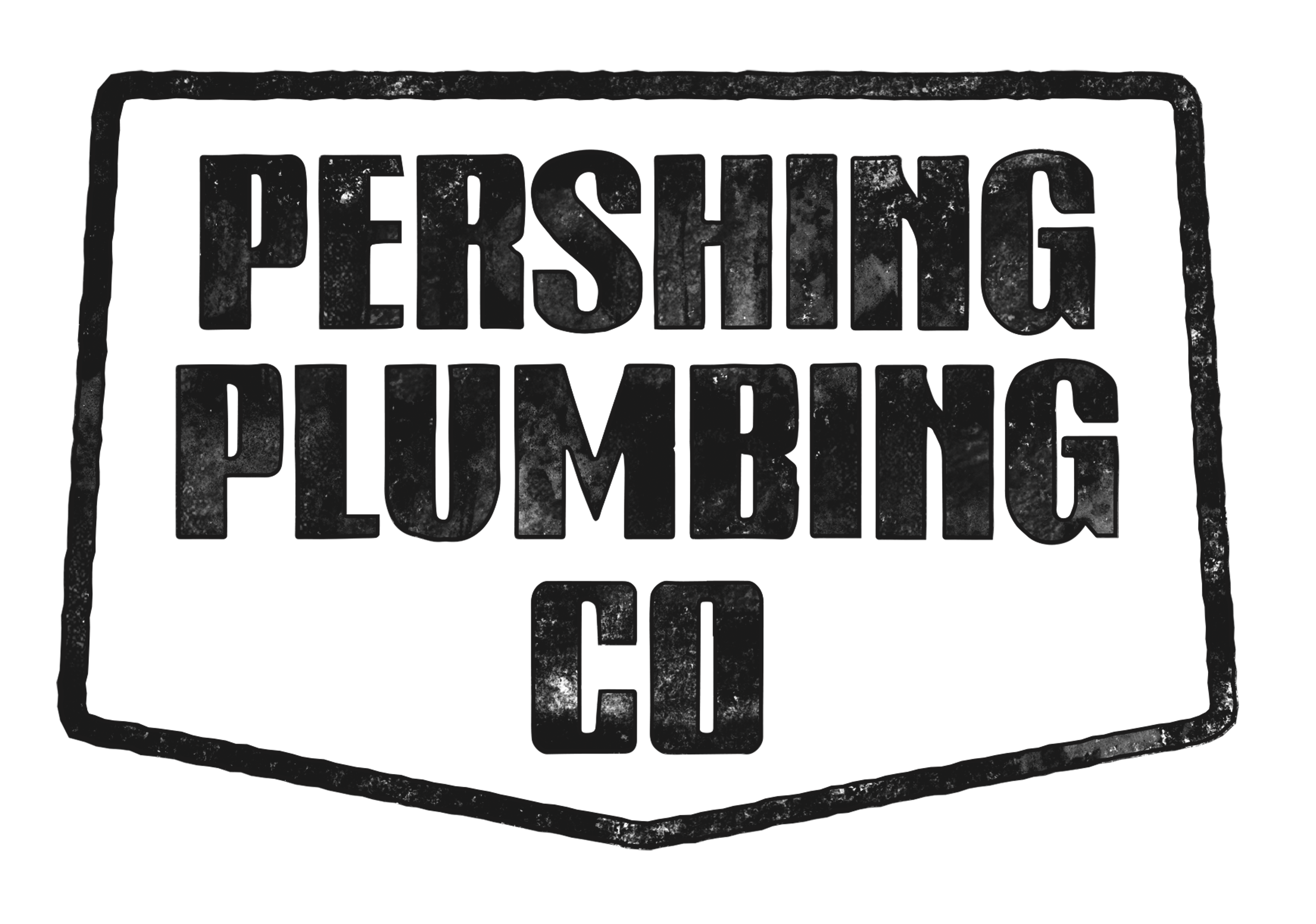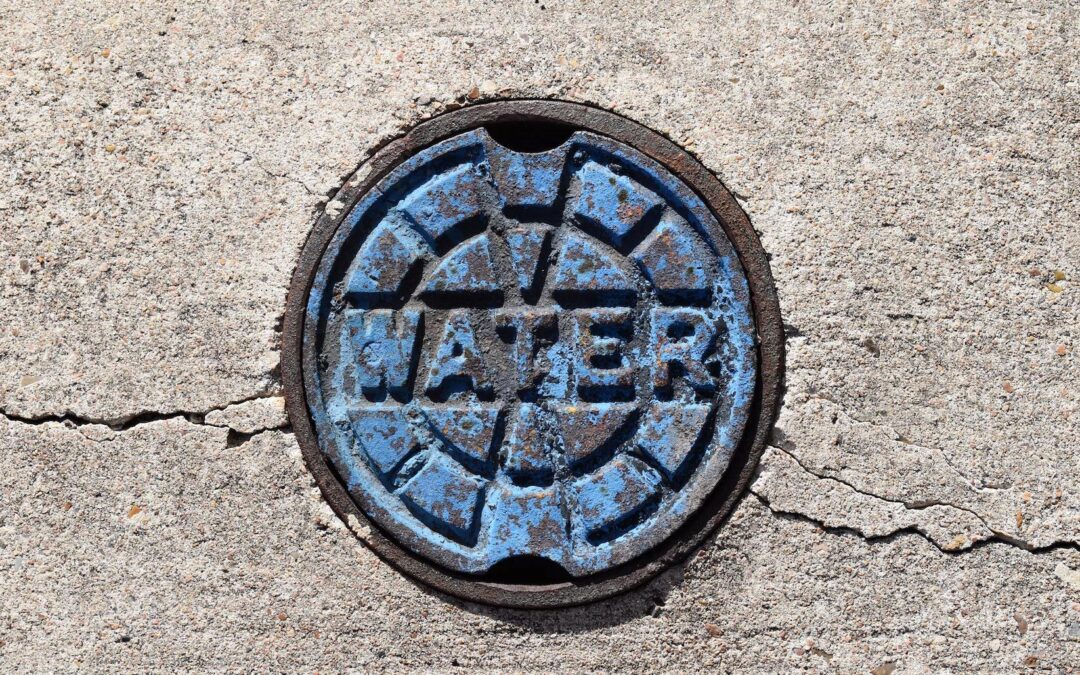Clogs in sewer lines can be one of the most annoying things to happen to homeowners. This can result in backed-up wastewater, bad odors and costly damage to the property. The causes of sewer line clogs are many, ranging from grease accumulation to root infiltration. Knowing the symptoms will help you take immediate action. We’ll explain how to tell if you have an obstruction in your sewer system and how you can fix it.
Sewer Line Blockage Symptoms
Slow draining is often the first sign that a sewer pipe clog has occurred. You may have a clog when you notice that the drain in your sink, bathtub, or shower is running slower than normal. Also, you might hear gurgling coming from the drains or toilets. Air bubbles trapped in the pipes by the clog are the cause of this sound. A clog in your sewer can cause raw sewage back-up into your home. This can be a serious health hazard and damage.
An unpleasant odor from your drains and yard is another sign that you have a sewer clog. You may notice an unpleasant smell coming from your drains or yard. This could indicate that there is a backup of wastewater in your pipes. If you notice bubbles in your toilet or water on your walls and ceiling, it could be a sign that wastewater is backing up.
How to know if you have a sewer line clog
There are several steps that you can follow to confirm whether or not you have a sewer clog. To begin, check to see if all your drains are affected. If the problem is isolated to one fixture, it may only be a slow drain or clog. Multiple drains may indicate a sewer line blockage.
Also, you can check the cleanout line. This is a pipe which connects directly to the sewer line. The cap can be removed to access the cleanout line, which is typically located outside of your home. The cleanout line will back up if there is a clog.
What to Do If You Have Sewer Line Clogs
A professional plumber is the best option if you suspect you have a clogged sewer line. A professional plumber will be in a position to determine the cause of the blockage and the best solution to resolve it. Sometimes, a drain snake is all that’s required to clear a clog. If, however, the clog has been caused by debris or tree roots, it may require more extensive repair.
Sewer Line Clogs: How to Prevent Them
Avoiding sewer line blockages is best done by prevention. Be careful about what you put in your drains. This is one of the best ways to avoid clogs. Grease or oil can solidify in your kitchen sink and cause a clog. Also, do not flush anything else down the toilet other than toilet tissue. Items such as baby wipes and feminine hygiene products can cause toilet clogs.
It is important to perform regular maintenance in order to prevent sewer line clogs. A professional plumber can inspect and clean your pipes every few years, keeping them in good working order. Install a back-flow – prevention device to keep wastewater out of your home.

